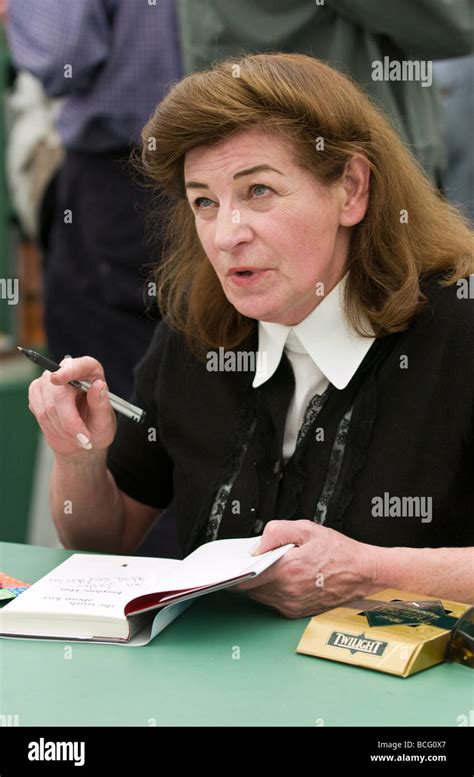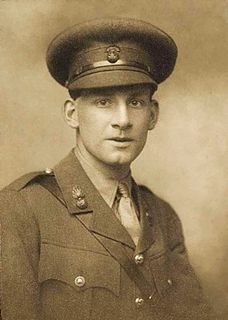A Quote by Albert Einstein
Fortunate Newton, happy childhood of science. Nature to him was an open book. He stands before us strong, certain, and alone.
Related Quotes
They say that childhood forms us, that those early influences are the key to everything. Is the peace of the soul so easily won? Simply the inevitable result of a happy childhood. What makes childhood happy? Parental harmony? Good health? Security? Might not a happy childhood be the worst possible preparation for life? Like leading a lamb to the slaughter.
Da Vinci was as great a mechanic and inventor as were Newton and his friends. Yet a glance at his notebooks shows us that what fascinated him about nature was its variety, its infinite adaptability, the fitness and the individuality of all its parts. By contrast what made astronomy a pleasure to Newton was its unity, its singleness, its model of a nature in which the diversified parts were mere disguises for the same blank atoms.
Epitaph on Newton: Nature and Nature's law lay hid in night: God said, "Let Newton be!," and all was light. [added by Sir John Collings Squire: It did not last: the Devil shouting "Ho. Let Einstein be," restored the status quo] [Aaron Hill's version: O'er Nature's laws God cast the veil of night, Out blaz'd a Newton's soul and all was light.
In childhood our credulity serves us well. It helps us to pack, with extraordinary rapidity, our skulls full of the wisdom of our parents and our ancestors. But if we don't grow out of it in the fullness of time, our ... nature makes us a sitting target for astrologers, mediums, gurus, evangelists, and quacks. We need to replace the automatic credulity of childhood with the constructive skepticism of adult science.
This house isn't mine anymore, but the memories are; the memories can't be sold. The building that housed my once-upon-a-time dreams stands for someone else now, as it did for the people before us, and I feel happy to let it go. Happy that I can begin again, anew, though bearing the scars of before. They represent wounds that have healed.
We enter our studies, and enjoy a society which we alone can bring together. We raise no jealousy by conversing with one in preference to another; we give no offence to the most illustrious by questioning him as long as we will, and leaving him as abruptly. Diversity of opinion raises no tumult in our presence: each interlocutor stands before us, speaks or is silent, and we adjourn or decide the business at our leisure.
I first heard the term "meta-novel" at a writer's conference in Tulsa, Oklahoma. The idea is that even though each book in a series stands alone, when read collectively they form one big ongoing novel about the main character. Each book represents its own arc: in book one of the series we meet the character and establish a meta-goal that will carry him through further books, in book two that meta-goal is tested, in book three - you get the picture.
For it is humanly certain that most of us remember very little of what we have read. To open almost any book a second time is to be reminded that we had forgotten well-nigh everything that the writer told us. Parting from the narrator and his narrative, we retain only a fading impression; and he, as it were, takes the book away from us and tucks it under his arm.


































